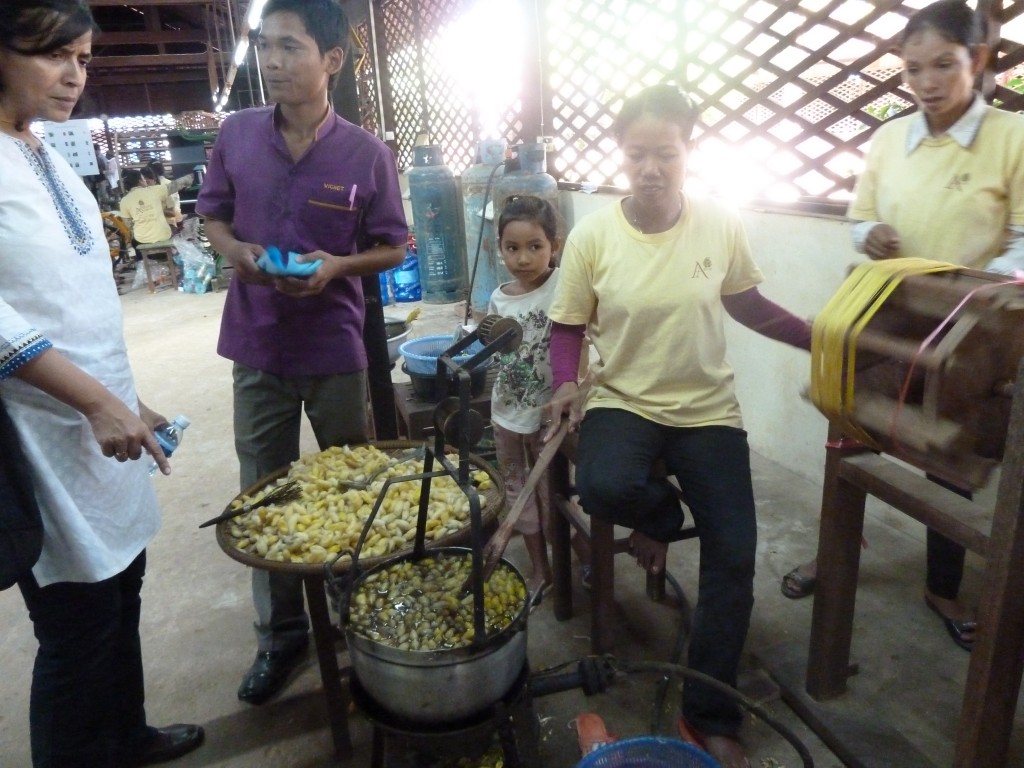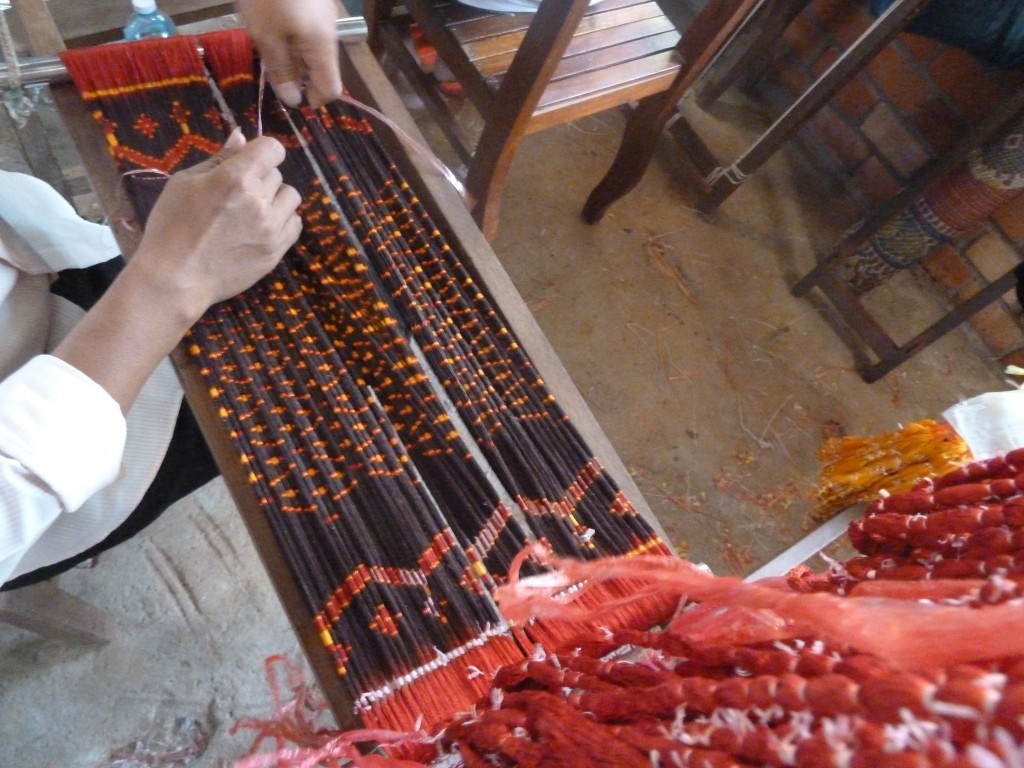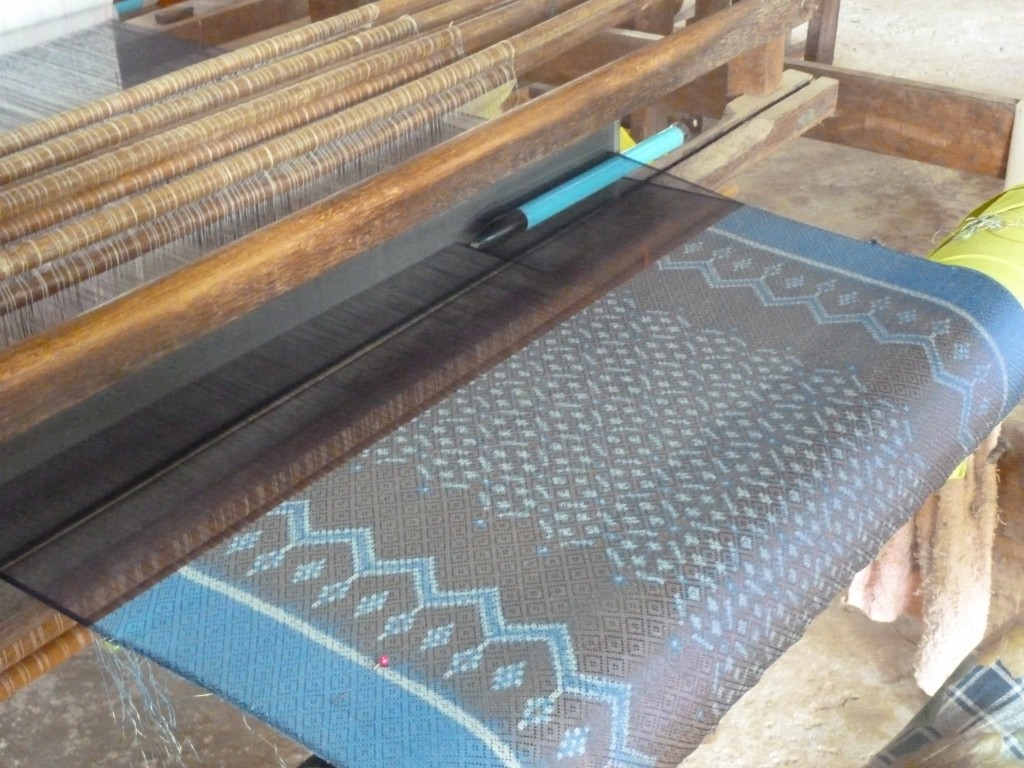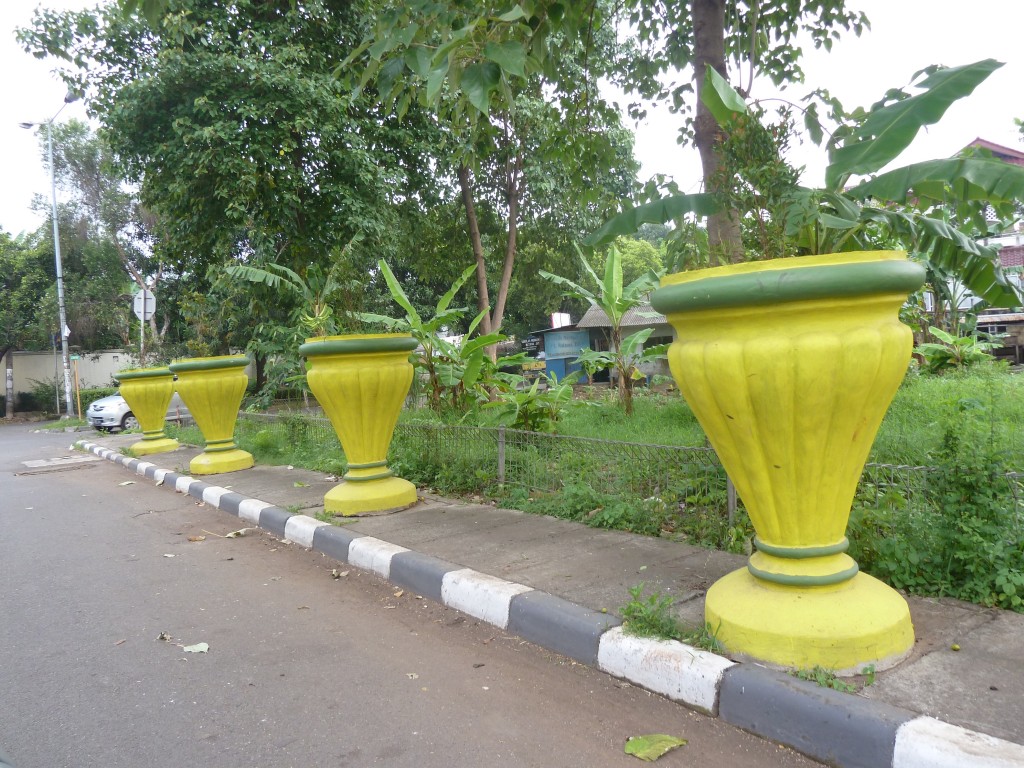 Time is our only non-renewable resource, and definitely the most valuable, especially for women. Women in their many roles as business owners, service providers, moms, wives, friends, sisters, daughters and volunteers need to leverage every precious minute of their day. Since time is so valuable, it is imperative that women make the best use of the time they spend on business networking.
Time is our only non-renewable resource, and definitely the most valuable, especially for women. Women in their many roles as business owners, service providers, moms, wives, friends, sisters, daughters and volunteers need to leverage every precious minute of their day. Since time is so valuable, it is imperative that women make the best use of the time they spend on business networking.
Women are networkers and application of this skill at work can lead to professional success and advancement. It is a fact that those who network well are more effective, better paid, promoted faster, healthier, happier – even live longer! And, according to one study, 75% of us get our jobs this way. Therefore smart networking strategies are required by women for optimal time management.
According to authors, Deener and Fredericks, from their book ‘Dancing on the Glass Ceiling,’ powerful networking is not based on need, but on nurturing – rational and emotional support leading to deeper, long-lasting, and reciprocal relationships.
Some strategies for smart networking are:
• Attend at least two new events a month (seek appointment to a new committee or join a high-profile community service group) and aim to meet three new people at each.
Tip 1: When you get someone’s business card, write on the back of the card the date and event and any pertinent details to capture your conversation. Then, file the card after you’ve contacted the person.
Tip 2: Do not sit next to a colleague … get out of your comfort zone!
• Add at least five people per month to your network.
• Contact each new person in your network
• Embrace the ‘Givers Gain’ philosophy: think first “What can I do to help?”
• Be disciplined to develop (and renew) contacts and always remember to follow up.
• Plan networking – be purposeful and strategic, meet key people. Try to learn ahead of time who will be at an event, and know which ones you want to meet.
• Create a database of resources to help others – knowledge is power; cultivate a reputation for knowing people who can get things done.
• Make relationships part of your life; people share knowledge, information, and contacts with those they share relationships with.
Networking represents our richest resource -social capital. If our network is well built and well developed, we can derive information, ideas, leads, opportunities, financial capital, power, emotional support, goodwill, trust, and cooperation.
So, how many business cards have you given out – and asked for – at the last meeting you attended? Whom have you connected with? What steps did you take in the past week to expand your network? And who have you offered to connect with another colleague?
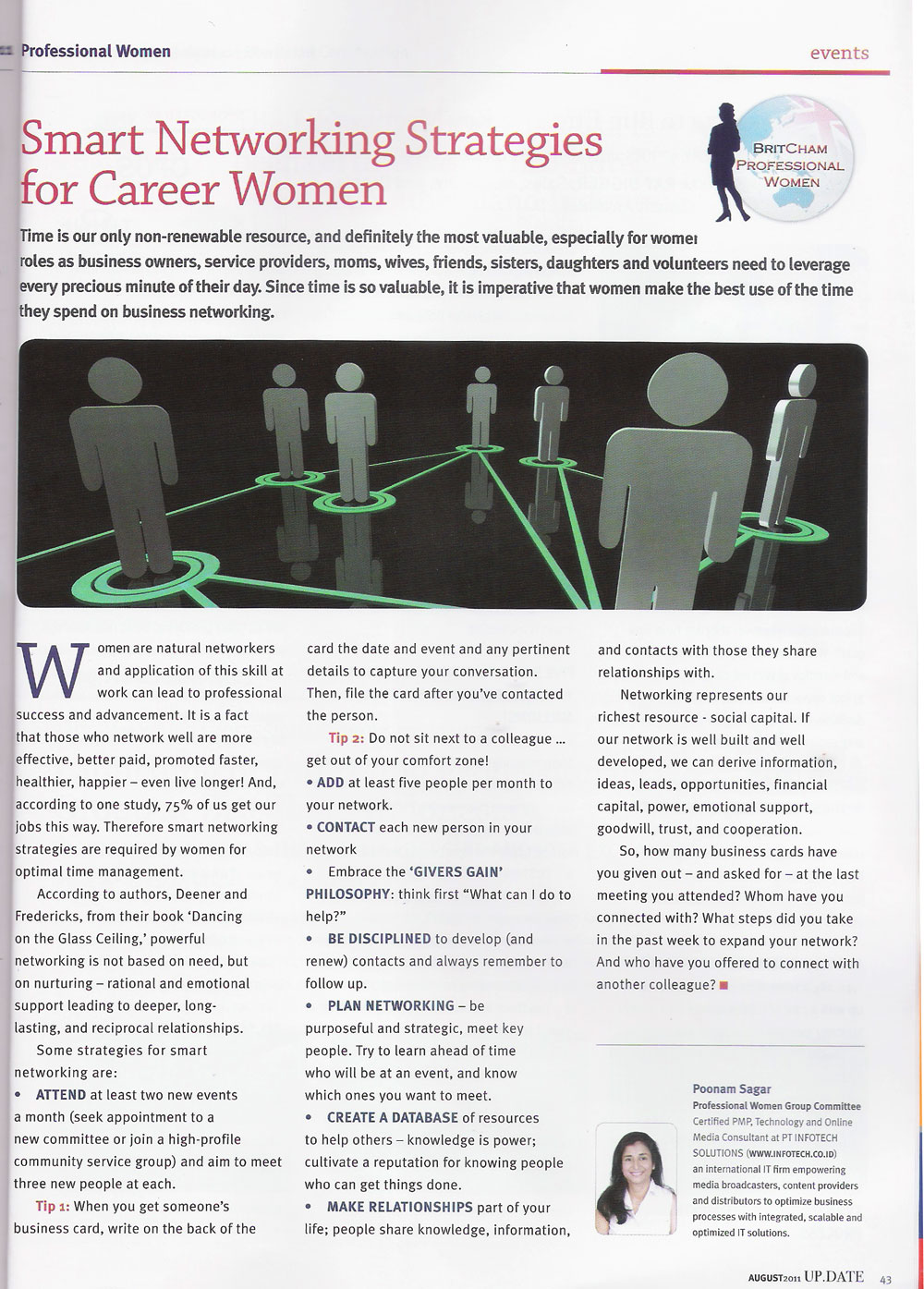
as published in BritCham Update Aug 2011
 The National Silk Center in Puok, which is 20 minutes from Siem Reap, is managed by Artisans D’Angkor, an offshoot of the Chantiers-Écoles project, setup in 1998 with financial support from the European Union to develop a sustainable model for cambodian artisans to make a living from handicraft production. Approximately 1000 artisans in 15 workshops make handicrafts through lacquering sandstone and wood, carving wood and stone, and spinning silk.
The National Silk Center in Puok, which is 20 minutes from Siem Reap, is managed by Artisans D’Angkor, an offshoot of the Chantiers-Écoles project, setup in 1998 with financial support from the European Union to develop a sustainable model for cambodian artisans to make a living from handicraft production. Approximately 1000 artisans in 15 workshops make handicrafts through lacquering sandstone and wood, carving wood and stone, and spinning silk.



